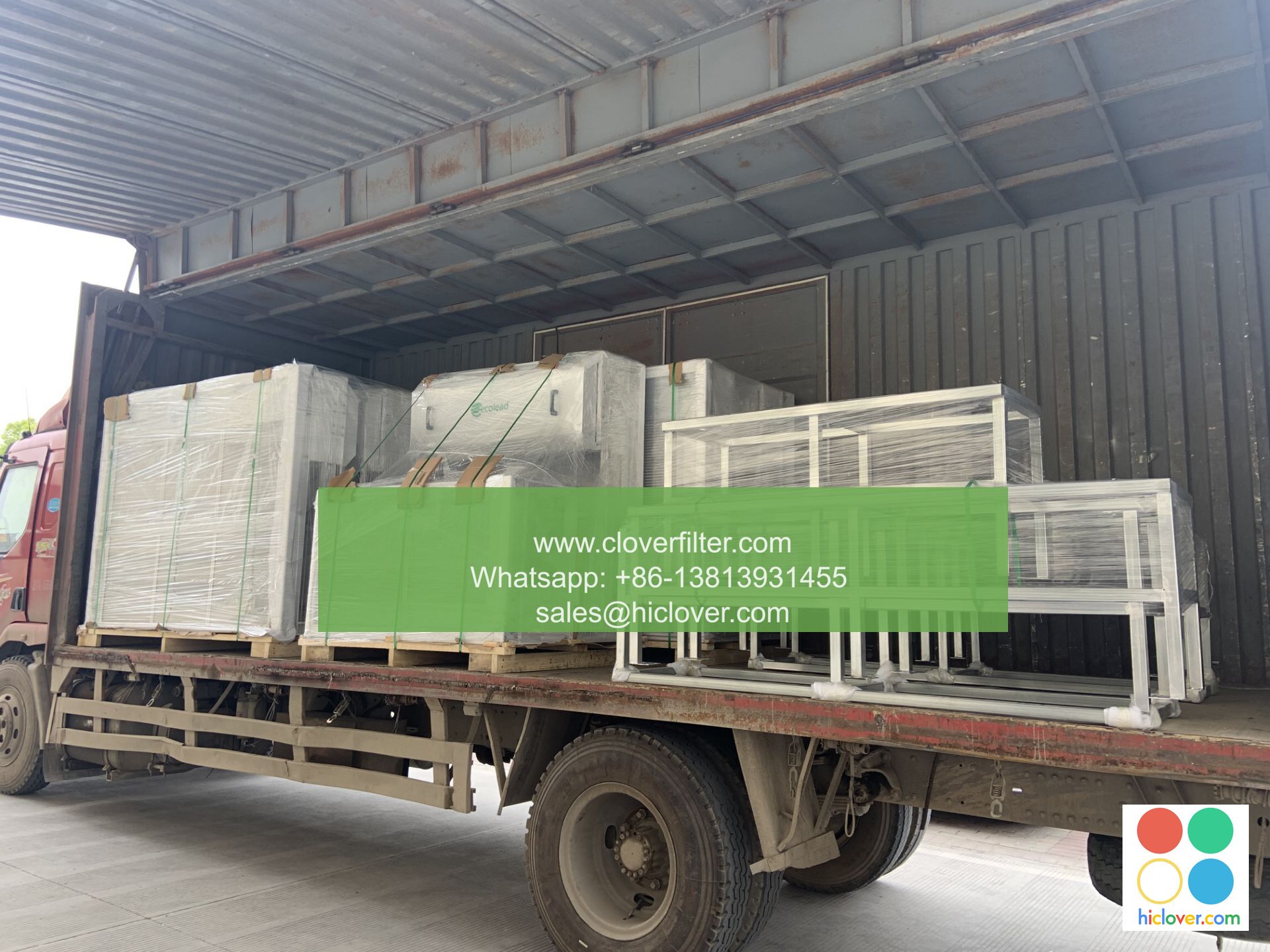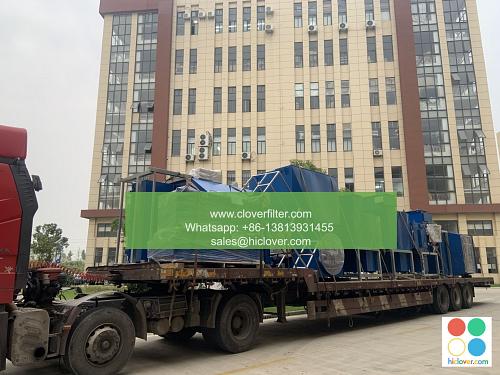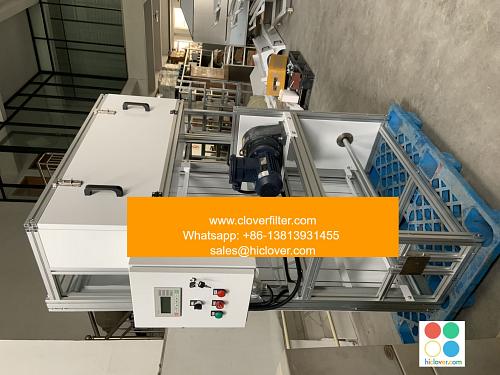The Role of Air Filter Maintenance in Reducing Allergies

The Role of Air Filter Maintenance in Reducing Allergies: A Must-Know Guide
Do you often find yourself sneezing, coughing, and feeling irritable due to allergies? Do you suspect that the air you breathe might be to blame? If so, you’re not alone. Millions of people worldwide suffer from allergies, and poor air quality is a growing concern. One simple yet effective way to alleviate these symptoms is through regular air filter maintenance. In this article, we’ll explore the crucial role of air filter maintenance in reducing allergies and highlight various application areas.
Allergies occur when your body’s immune system overreacts to harmless particles in the air, such as pollen, dust, pet dander, and mold. These particles are known as allergens, and they can aggravate respiratory issues like asthma, eczema, and hay fever. When inhaled, allergens trigger an allergic response, releasing histamine and other chemicals that cause symptoms like congestion, itchiness, and difficulty breathing.
Air filters are designed to capture these allergens, preventing them from circulating in the air you breathe. By maintaining your air filters regularly, you can significantly reduce the amount of allergens in the air, providing a cleaner breathing environment. Here are some benefits:
Reduced Allergen Exposure
Air filters capture 99.97% of particles as small as 0.3 microns, including dust, pollen, and pet dander. This means that even tiny allergens are trapped, minimizing exposure and reducing the risk of allergic reactions.
Improved Indoor Air Quality
Effective air filter maintenance ensures that indoor air is clean, fresh, and free from pollutants. This is particularly crucial for people with respiratory issues, as poor air quality can exacerbate symptoms.
Extended Filter Life
Regular cleaning and replacement of air filters prevent clogged filters, which can reduce airflow and decrease the filter’s efficiency.
Increased Energy Efficiency
Clean filters allow for better airflow, reducing the energy consumption of air conditioning and heating systems.
Air filter maintenance is crucial in various settings:
Residential Homes
Keep your family safe by maintaining air filters in your home, especially in areas where allergens are most prominent, such as bedrooms and living rooms.
Commercial Spaces
Offices, schools, and hospitals can benefit from regular air filter maintenance to create a healthier environment for occupants.
Industrial Settings
Factories, warehouses, and manufacturing facilities can improve indoor air quality and increase worker productivity by maintaining air filters.
HVAC Systems
Regular filter maintenance is essential for HVAC systems to function efficiently and reduce allergen exposure.
Public Transportation
Buses, trains, and airplanes can significantly benefit from air filter maintenance to minimize allergen exposure for passengers and staff.
Tips for Maintaining Air Filters
================================ =
Schedule Regular CLEANING
Use a soft brush or vacuum cleaner to gently clean filters every 1-3 months, depending on usage.
Replace Filters
Swap out filters every 6-12 months or according to manufacturer recommendations.
Choose the RIGHT FILTER
Select filters with a high MERV rating (13-16) for optimal allergen capture.
Monitor FILTER PRESSURE
Check filter pressure regularly to ensure optimal airflow and extend filter life.
In conclusion, air filter maintenance is a simple yet effective way to reduce allergen exposure and alleviate allergy symptoms. By understanding the causes of allergies and the benefits of air filters, you can take control of your indoor air quality. Remember to schedule regular cleaning, replace filters as needed, and choose the right filter for your application area. By doing so, you’ll create a healthier environment for you and those around you.
Take the First Step Today
Schedule a filter maintenance check with a professional or commit to regular cleaning and replacement. Your lungs (and your health) will thank you!
I’m ready to help! What would you like to talk about? Do you have a specific topic in mind or would you like me to suggest some prompts?


